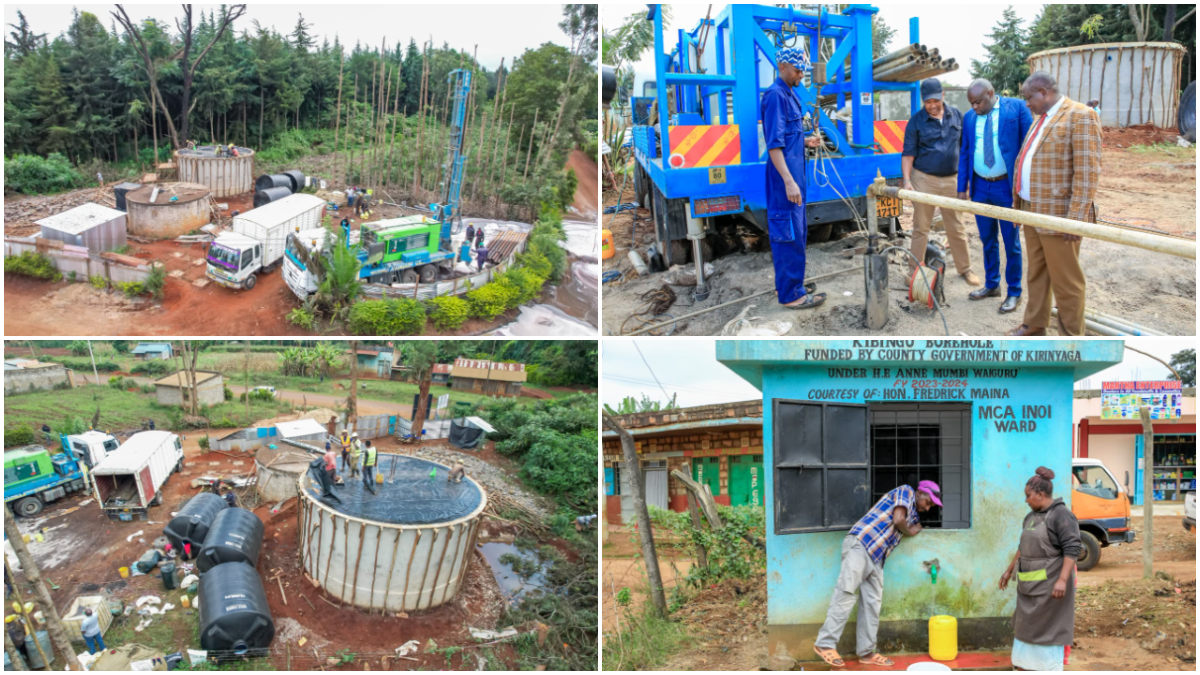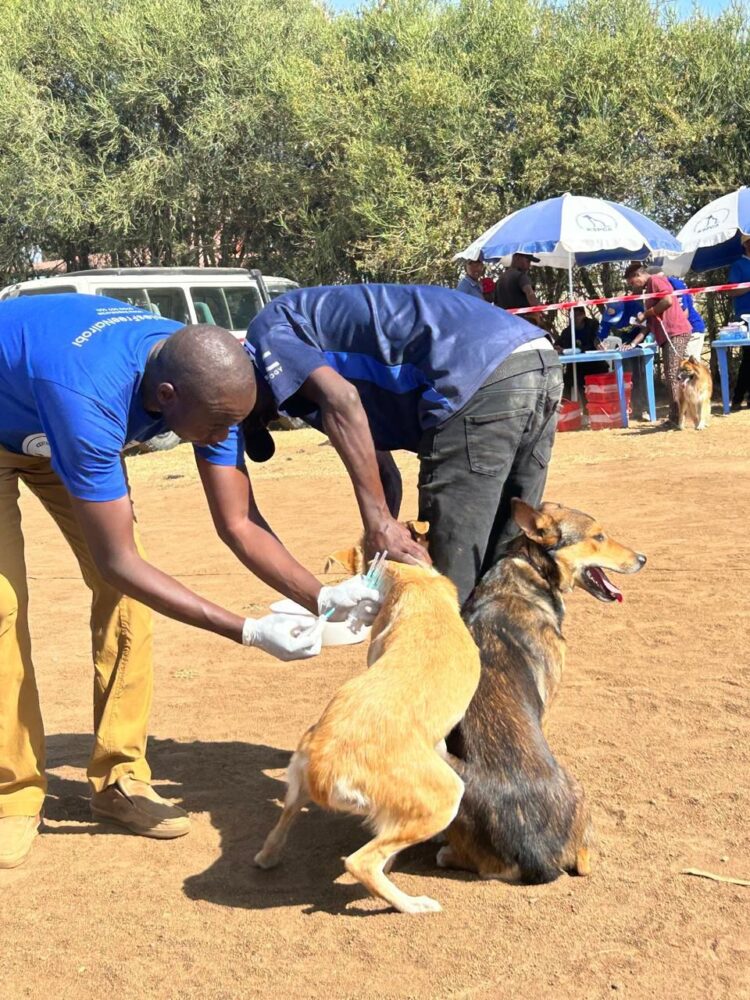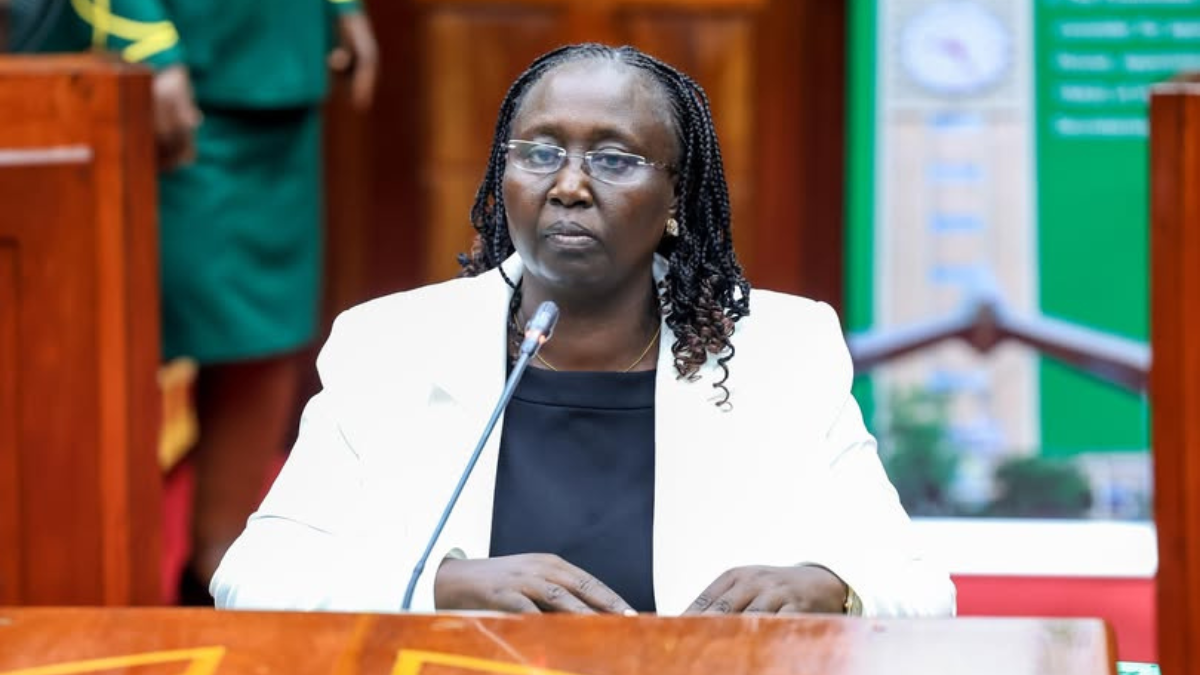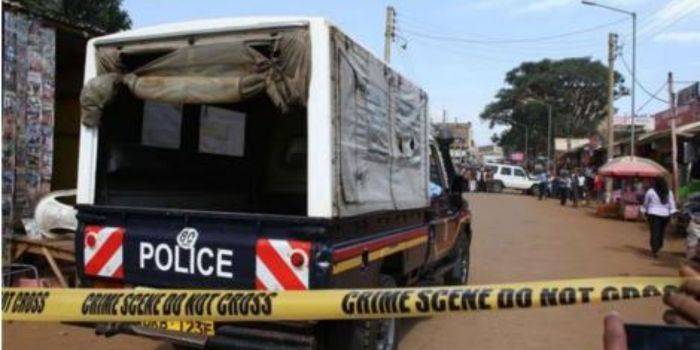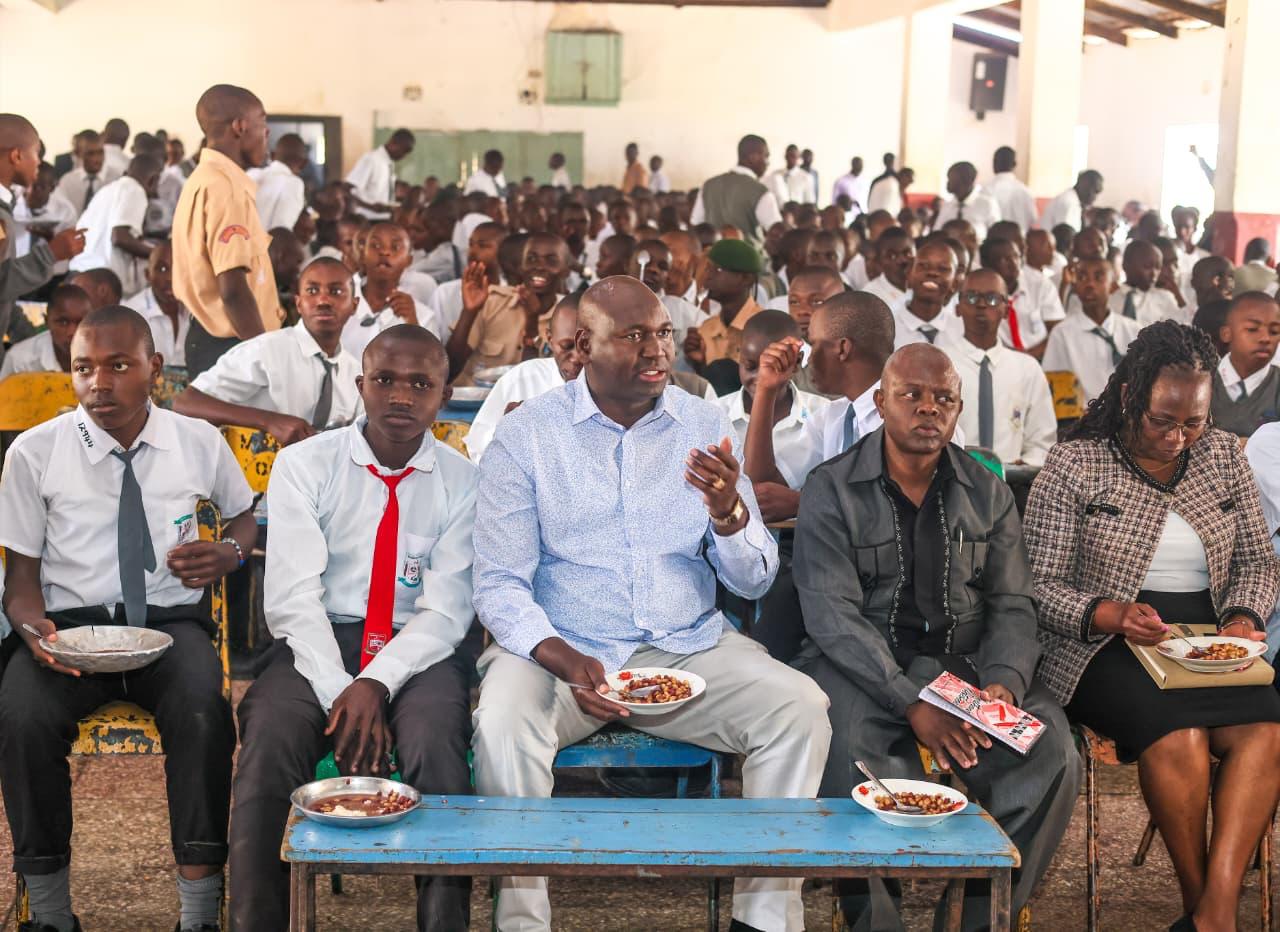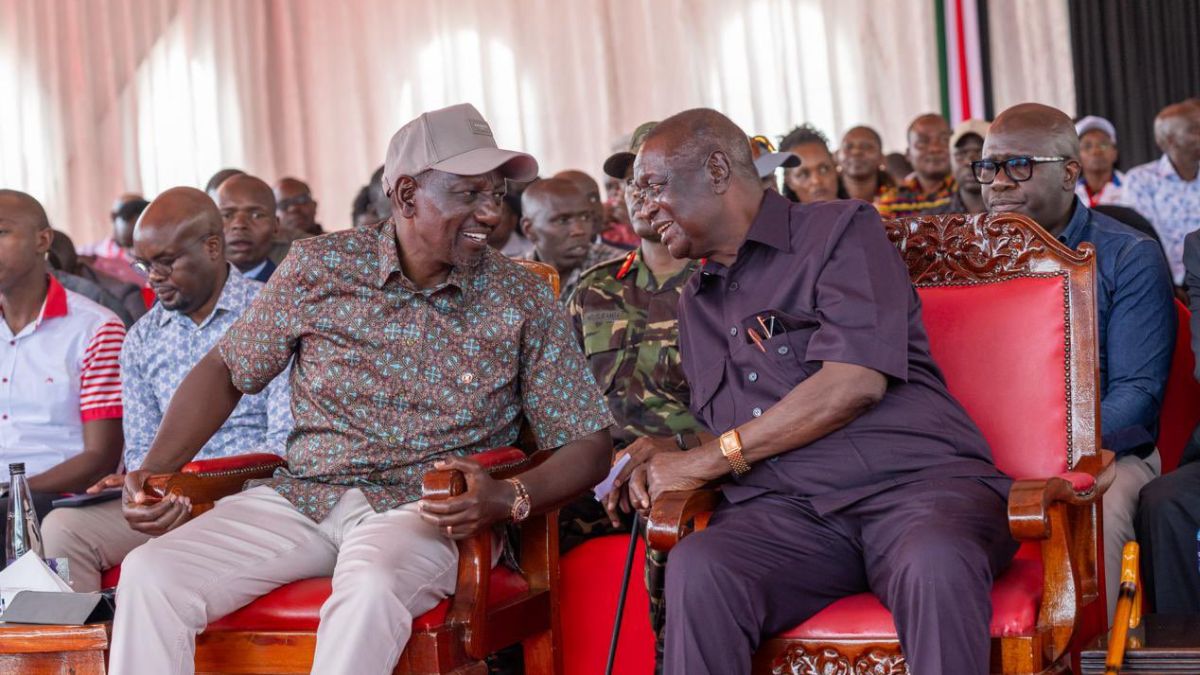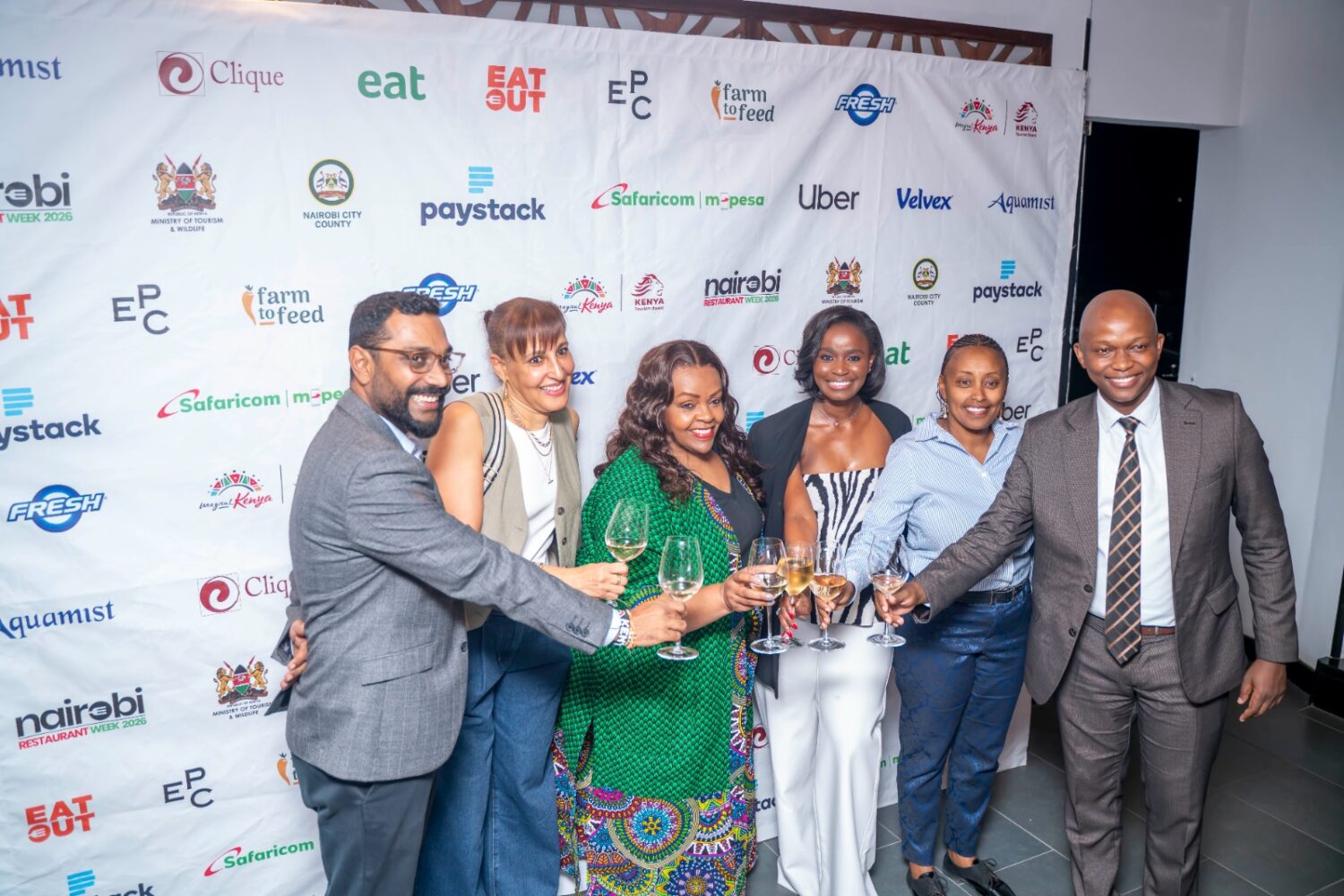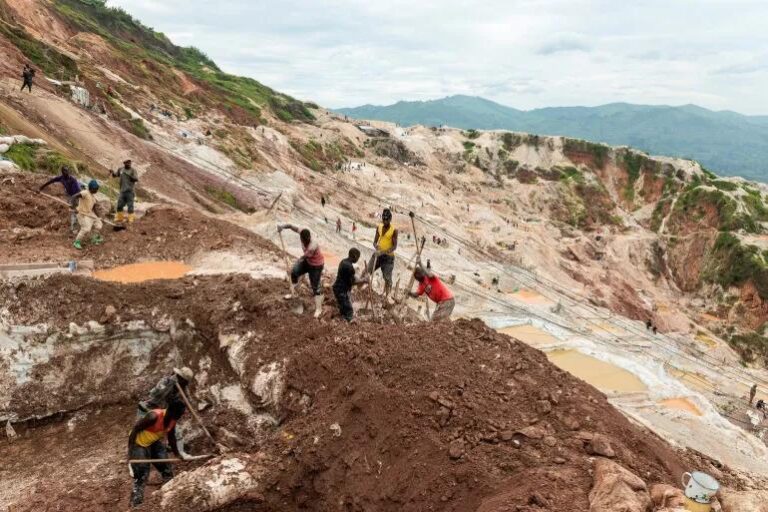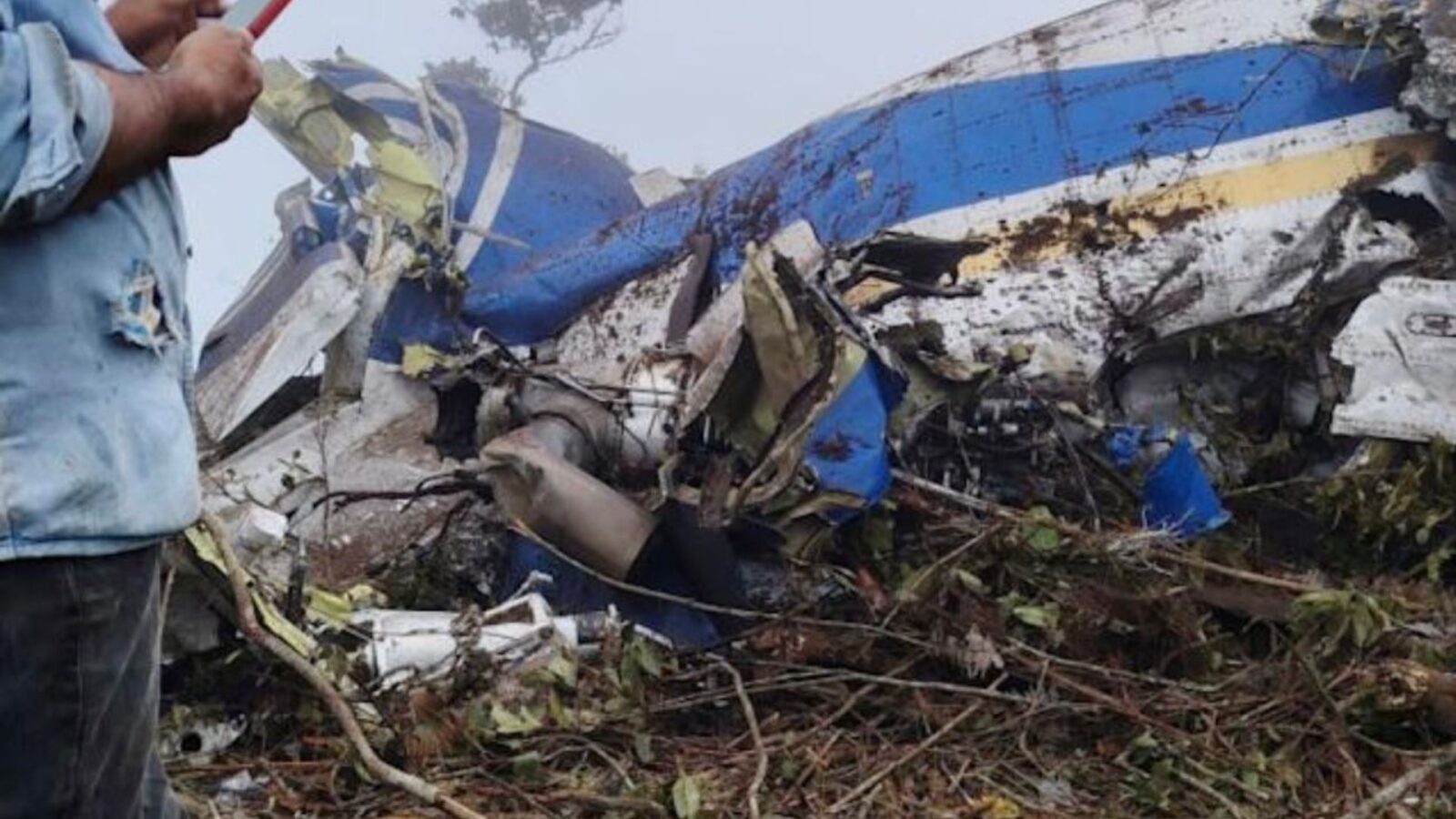Kirinyaga Governor Anne Waiguru has reaffirmed her administration’s commitment to expanding access to clean and reliable water, announcing plans to implement 42 new water projects in the current financial year.
The projects, spread across all 20 wards, are expected to benefit more than 30,000 residents, with each serving between 300 and 500 people.
In a statement, Waiguru said the program will include drilling and solar powering boreholes, installing water tanks, extending pipe networks, and rehabilitating intakes to ensure every household, school, and farm has reliable water.
She added that the county is also investing in environmental conservation and climate resilience through the Financing Locally-Led Climate Action (FLLoCA) Program, which aims to build local resilience to climate change by empowering counties and local communities to undertake own climate resilience programs and projects.
“Every home deserves safe water, every farmer needs irrigation support, and every child deserves to go to school without worrying about unsafe water. That is the future we are building for Kirinyaga,” the Governor said.
The county has made significant progress in the past year. In the 2024/2025 financial year, Kirinyaga completed 37 water projects, including the Kiorugari Water Project in Nyangati, Rukenya Irrigation Project in Kabare, and Kugeria Water Project in Murinduko. The county has also drilled six boreholes since last year and is adding five more this year to expand supply.
According to County Executive Committee Member for Environment, Water and Irrigation, James Kinyua, the ongoing water programs are easing pressure on communities and boosting agricultural production.
“The Jiinue Rupingazi Water Project is among many others transforming livelihoods. Families now have water for both domestic use and irrigation,” Kinyua said.
The impact of the projects is already visible across villages, schools, and marketplaces. At Kamucege Primary School in Gathigiriri Ward, Kamucege borehole is serving 420 learners, drastically cutting absenteeism linked to waterborne diseases.
“Before this borehole, learners were constantly missing school due to bilharzia and stomach infections from contaminated water. Since clean water was made available, attendance has improved and learning hours are no longer lost,” said Principal Charles Weru.
Florence Muthoni, a Kamucege resident, said more than 700 households in Bahati and Kamucege villages now have direct access to clean water. “We used to fetch water from canals using donkeys or carry it on our backs. Now we have taps at home. Women are less tired, our homes are cleaner, and our kitchen gardens are thriving,” Muthoni explained.
John Wachira, a trader from Kibingo in Inoi ward, noted the project’s economic benefits. “This borehole serves more than 1,200 people. Even during the dry season the supply is steady. Customers at the market appreciate the fresh produce grown with clean water,” Wachira mentioned.
Beyond boreholes, the county has also distributed 20 water tanks of 10,000 litres each to community groups to promote rainwater harvesting. The initiative is helping families establish kitchen gardens, improve nutrition, and cut household food expenses.
Governor Waiguru reiterated that the water agenda remains a priority as her administration works to improve health, promote farming, and give Kirinyaga residents a dignified life.


